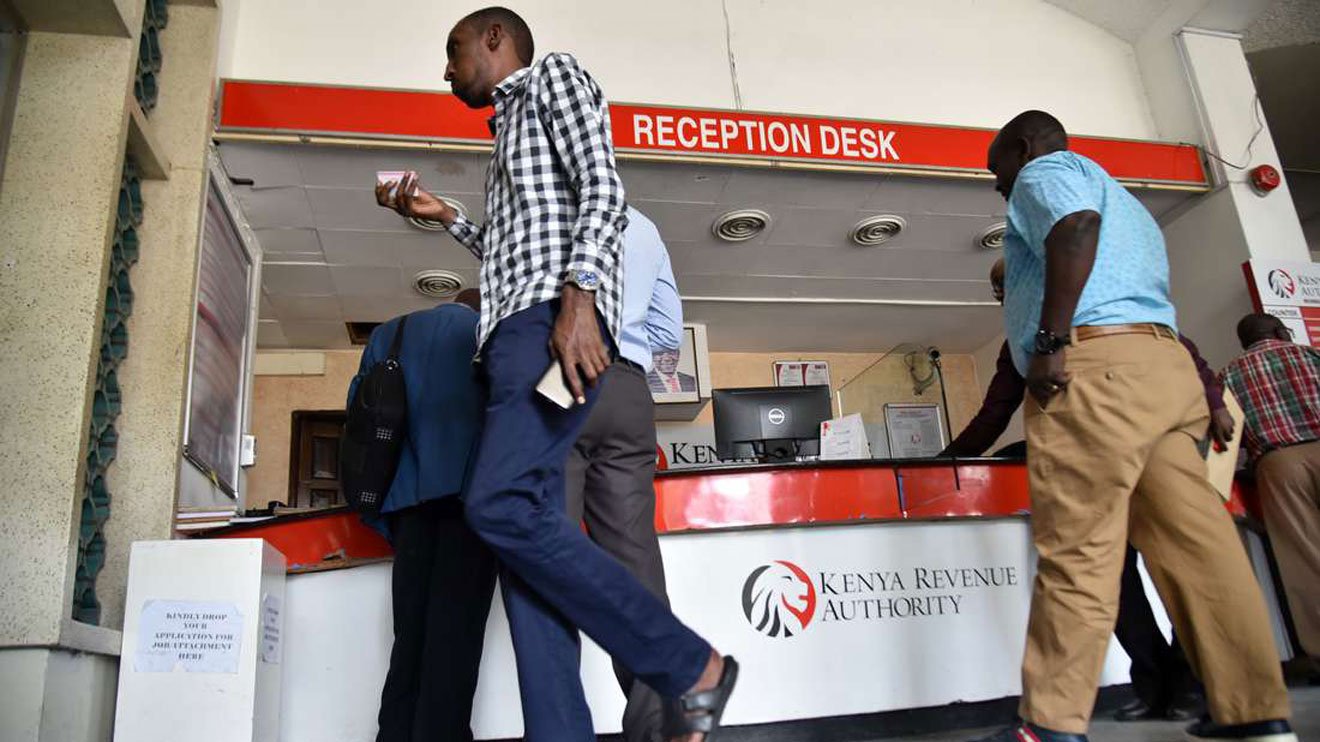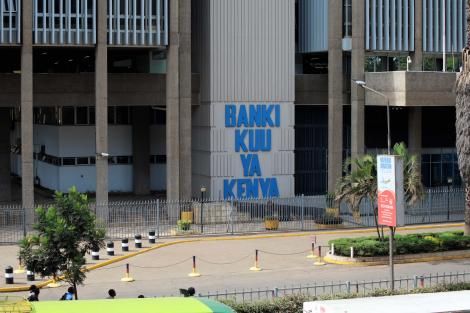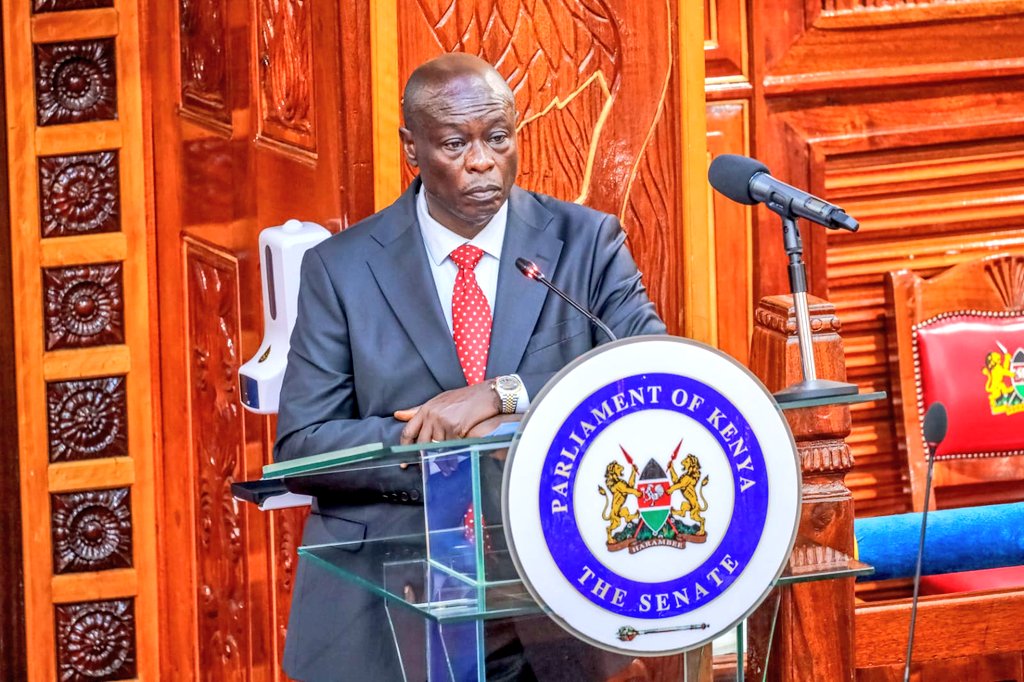The Kenya Revenue Authority has today, May 28, 2021, revealed individuals exempted from remitting Rental Income Tax (RIT), among them landlord making over Ksh15 million per annum.
According to the taxman rent refers to payments received from a right granted to another person for use or occupation of immovable property which includes premium or similar consideration received for the use or occupation of property.
RIT is charged on the actual amount received, whereby the expense incurred to generate rent is allowed under section 15 of the Income Tax Act.
KRA notes that the tax is calculated under individual graduated scale or corporate rate of 30 percent.
"In addition, rent on non-residential buildings (Commercial) is taxable under the VAT Act(No. 35 of 2013) - Laws of Kenya," the statement by KRA read in part.
Read More
Determining Taxable Income
Gross Rent income for the year:
Property A - 5 units*Kshs. 20,000*12months 1,200,000
Property B - 10 units*Kshs. 15,000*12months 1,800,000
Total Rent income in Kshs. 3,000,000
Less: Allowable expenses (Kshs.):
Land Rent/Rates 10,000
Insurance 20,000
Agent's fees 30,000
Repairs 160,000
Loan interest 85,000
Electricity 60,000
Net taxable rent income :Ksh2,635,000
The Finance Act 2015 introduced the Monthly Rental Income-tax (MRI) which is charged under Section 6A of Income Tax Act and came into effect on January 1, 2016.
Residential Rental Income
According to KRA, RRI is tax payable by an individual or a company on rental income earned for the use or occupation of a residential property where the rent income is between Ksh288,000, Ksh24,000 per month, and Ksh15 million per annum.
"Landlords with rental income below Ksh288,000 or above Ksh15 million per year shall be required to file annual income tax returns and declare this rental income together with income from other sources," the statement reads.
The tax rate
RRI is charged at a flat rate of 10 percent on gross rent received per month and is payable when landlords receive rent from their tenants either monthly, quarterly, semi-annually or annually.
However, the returns must be filed monthly.
"No expenses, losses or capital deduction allowances shall be allowed for deduction from the gross rent," KRA notes.
How to file for Residential Rental Income
Rental Income is filed on or before the 20th of the following month. For example, rent received in January is declared and tax paid on or before February 20.
One is also required to complete a monthly tax return online via iTax by declaring the gross rent and tax payable which will be computed automatically at a rate of 10 percent.
Landlords are required to file NIL returns for any month they do not receive any rent.
RRI is final tax therefore, persons are not required to declare the same in their annual income tax returns.
You can now also file and pay your monthly rental income tax using the new KRA M-service App.
Exemptions
KRA revealed that the simplified tax does not apply to non-residents and landlords who earn more than Ksh15 million per year.
"Taxpayers who wish to remain in current tax regime on rental income may elect to do so by writing to Commissioner," KRA stated.
Penalty for late filing and late payment of MRI
KRA requires that returns are filed and tax payable on or before the 20th of the following month.
Late filing of MRI returns will attract a penalty of 2,000 or 5 percent of the tax due whichever is higher for individuals, and for corporates.
Upon late payment, the penalty will be 5 percent of the tax due and late payment interest of 1 percent per month on the unpaid tax until the tax is paid in full.










